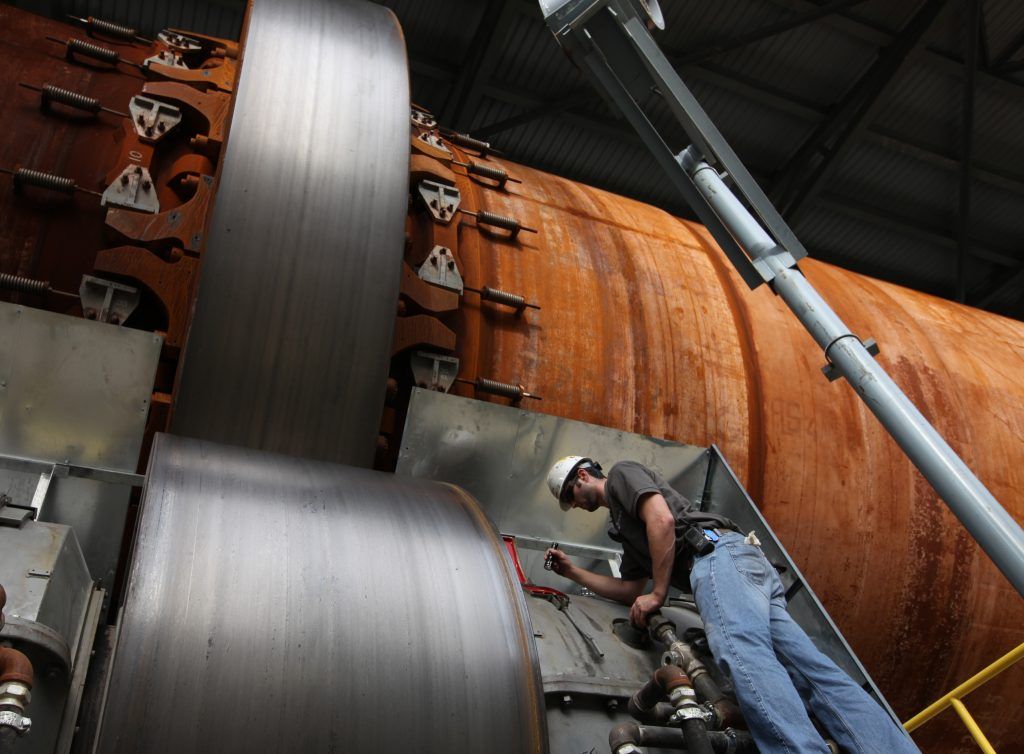The Danish engineering company FLSmidth has signed a significant agreement in an unspecified location in north Africa regarding the construction of a high-tech cement factory worth over 100 million euros.
Aside from the construction, the deal also includes construction supervision, commissioning, the training of labour, and the delivery of equipment.
“We are extremely proud to have been chosen as the preferred supplier of this cement plant,” said Per Mejnert Kristensen, the group executive vice president of FLSmidth’s cement division.
“It marks the culmination of a close collaboration between the customer and FLSmidth, enabling us to deliver a state-of-the-art cement plant based on our experience and competencies from the cement industry, our global presence, and the know-how of our 12,000 employees in delivering productivity-enhancing solutions.”
READ MORE: FLSmidth hauls in lucrative Algerian order
Key market
The factory will primarily provide cement for the local market, and when finished it will have a capacity of 12,000 tonnes per day.
Kristensen added that north Africa continues to be an important market for the company – a statement underlined by its recent lucrative EPC (engineering, procurement and construction) contract secured in Algeria last year.
“North Africa is a very important market to FLSmidth and we have previously supplied several cement plants across the region.”















